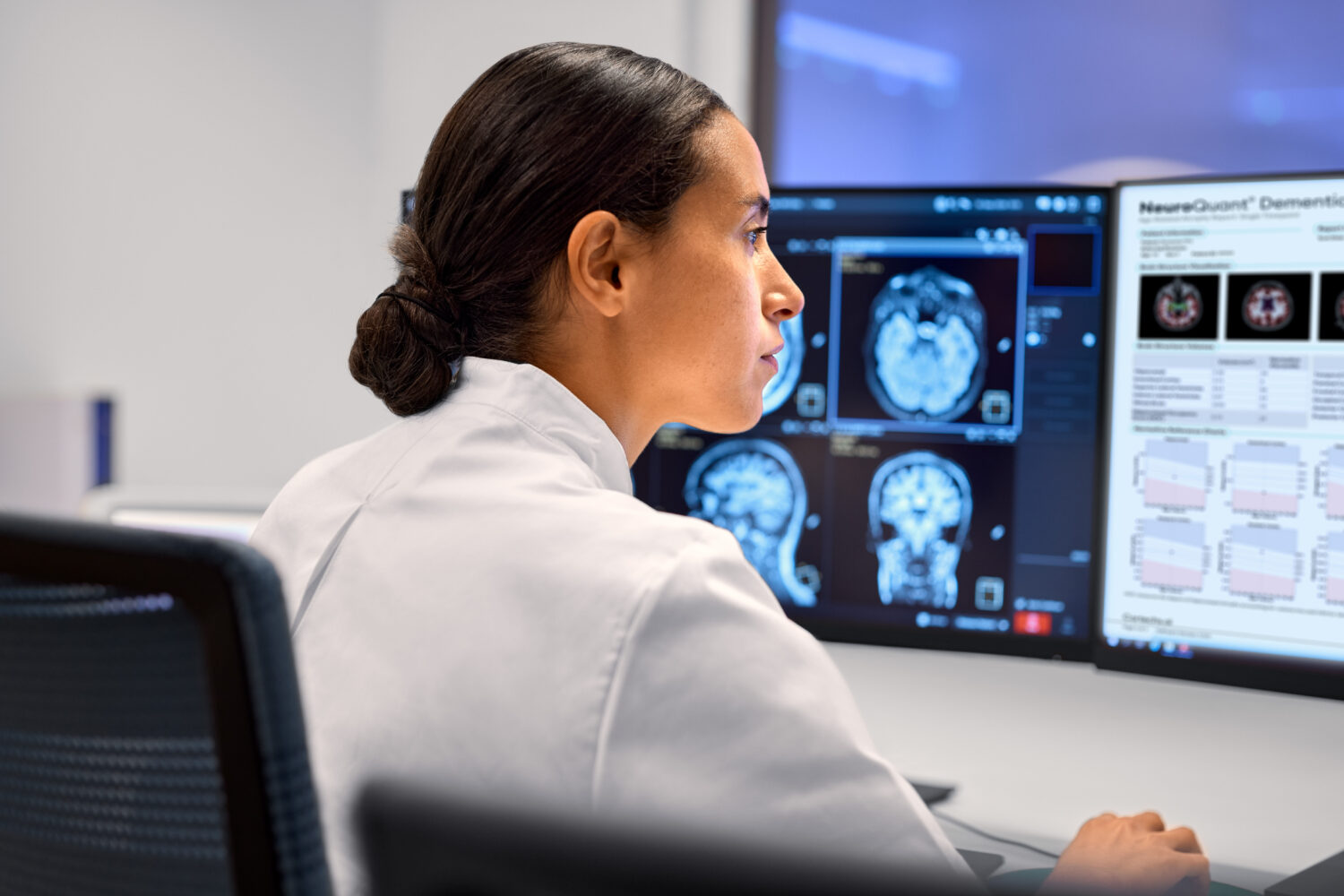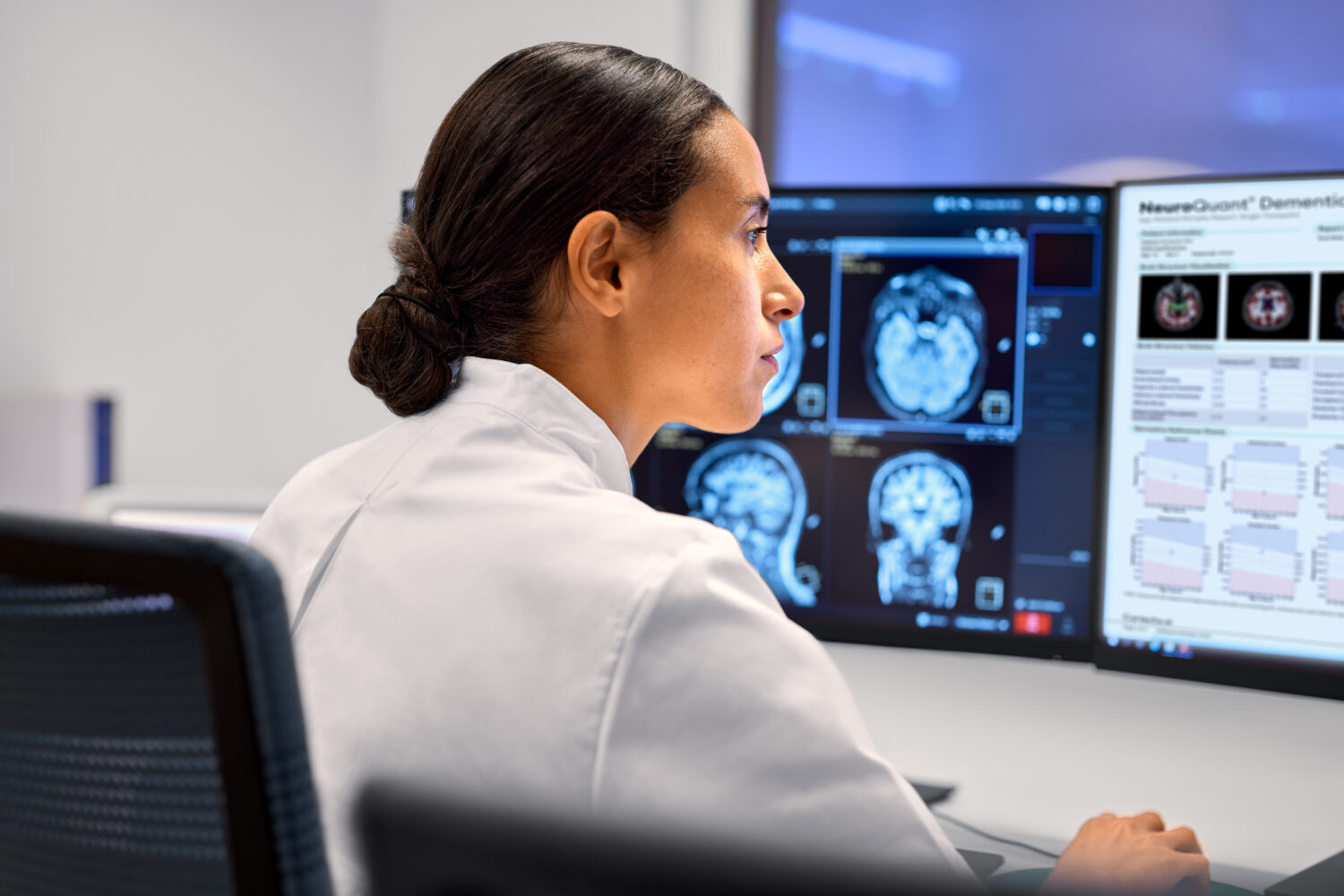
What You Should Know:
– Philips and Cortechs.ai are strengthening their collaboration to integrate AI-enabled quantitative neuroimaging analytics directly into Philips’ MR systems.
The integration provides clinicians with faster, more objective, and reproducible insights into brain health.
Addressing Rising Demand with AI-Powered Neuro Diagnostics
The field of neuroimaging is facing immense pressure: up to 25% of all MR procedures are brain scans of all MR procedures are brain scans], and radiology departments are struggling with growing demand and increasing staff shortages. Simultaneously, neurological conditions like Alzheimer’s disease, multiple sclerosis (MS), and brain tumors are rising globally. Current interpretation of neuro scans relies heavily on subjective visual assessment, which introduces variability and consumes significant expert time.
Seamless Integration for Precision and Speed
The extended partnership integrates Cortechs.ai’s quantitative analysis tools—including brain volumetrics, lesion quantification, and tumor tracking—directly into the Philips MR imaging workflow, clinicians gain objective, numerical data alongside images.
The integration of Cortechs.ai’s NeuroQuant® solutions for Alzheimer’s, MS, and brain tumors will occur within Philips’ Smart Reading environment—a cloud-based AI platform that combines imaging, reading, and reporting directly on the MR systems.
Key benefits of this integration include a zero-click process for technologists:
- Automated Reports: Clinicians automatically receive AI-generated quantitative reports within their standard MR workflow on the MR system or PACS.
- Objective Data: Clinicians gain objective, numerical data alongside images, enabling faster, more consistent, and confident diagnoses.
- Increased Throughput: AI helps radiologists save time, improve consistency, and boost throughput.














